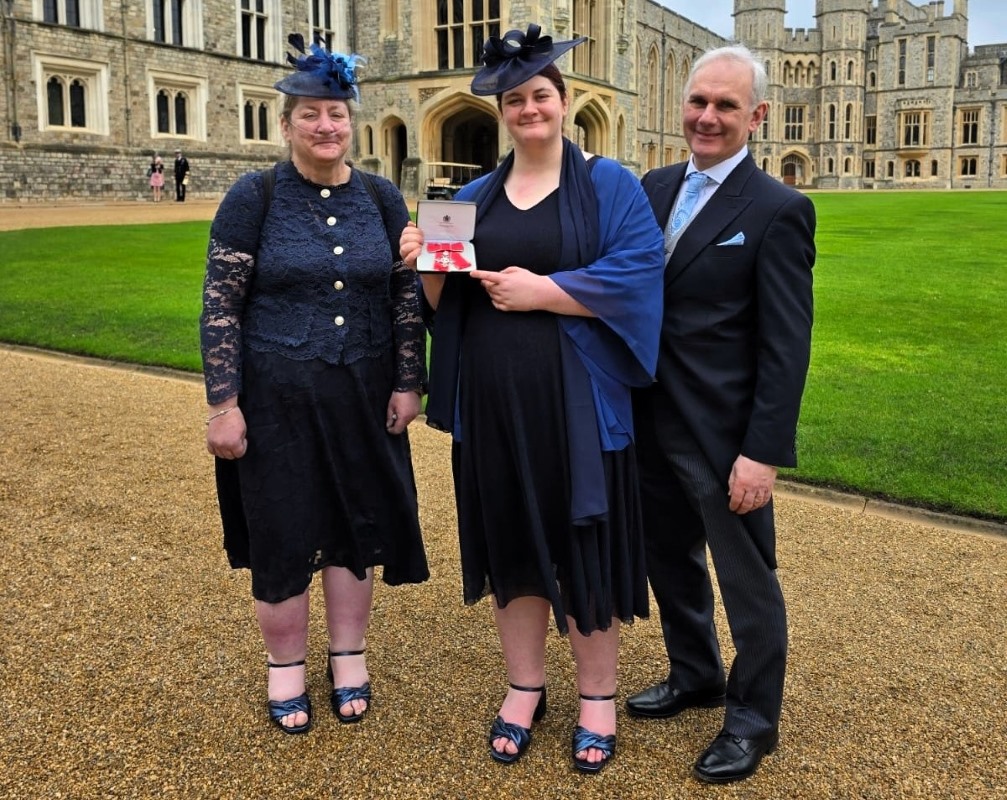New Funding Rates for Adult Education Budget (AEB) Provision Released

Further Education Adult Skills Funding Rates and Funding for Innovative Provision
Following the consultation ‘Skills for jobs: Implementing a new further education funding and accountability system’, the Department for Education is setting out the details of 2 key changes to the funding of Education and Skills Funding Agency (ESFA) adult skills:
- For the academic year 2023 to 2024, we will introduce a new flexibility for funding innovative provision into the adult education budget (AEB) funded by ESFA
- For the academic year 2024 to 2025, we will introduce new funding rates that will apply to the ESFA skills fund which will encompass the AEB
DfE have published guidance which sets out details of these changes.
These 2 proposals are part of the further education (FE) funding and accountability reforms. These reforms aim to maximise value for money in the FE system by simplifying the funding and focussing on employment outcomes, so learners can be supported into jobs which support better economic growth.
ESFA is publishing this ahead of a formal response to the consultation to give providers as much notice as possible of these changes and time to change their mix of provision to better meet skills needs and drive the economy. A formal response to the second consultation will be published in Spring 2023.
Key changes
Funding for the development of innovative provision from 2023 to 2024
We will introduce a new flexibility into the AEB from academic year 2023 to 2024 for non-devolved areas. This flexibility will allow eligible ESFA grant funded providers to earn up to 3% of their AEB grant allocation, for the development of new innovative provision.
The purpose of this flexibility is to encourage local innovation and support providers to develop new provision, in partnership with local employers, that meets emerging employer need.
Eligibility
To be eligible, grant-funded providers must:
- Deliver adult skills provision
- Have an AEB allocation of more than £500,000 and
- Have existing non-qualification provision of less than 20% of their adult skills funding delivery
Approach
We will explain how this flexibility will work in practice when we publish our ESFA AEB funding rules for academic year 2023 to 2024. For eligible providers only, we will identify the allocation amount they can use for this provision in their allocation statements.
New adult skills funding rates for 2024 to 2025
In December 2022 the department announced that it would introduce the new funding rates for adult provision from academic year 2024 to 2025 with the new Skills Fund.
This guidance sets out the details on these new adult skills funding rates.
We will use these rates for both ESFA grant-funded provision and procured provision by ESFA for learners living in non-devolved areas. Mayoral combined authorities and the Greater London Authority are responsible for setting their own funding rates but can use these rates if they wish.
Skills funding bands
There will be 5 new skills funding bands, with sector subject areas (SSAs) at tier 2 level assigned to one of these bands. The list of sector subject areas with the new skills funding bands and hourly rates sets out the assignment for each SSA.
Each of the skills funding bands will have its own hourly funding rate which will be used to calculate the funding for individual qualifications. We have set the new hourly funding rates so that we maintain the average base rate in the current system (that is the average funding before programme weighting is applied) through the new base rate of £6.00 per hour.
The SSAs in the higher funding bands are those in areas of greatest skills needs and/or with higher cost of delivery. The new funding rates will give these qualifications a significant funding boost.
Addressing historical transitional protection
There are some qualifications, developed under the qualifications and credit framework (QCF) which currently receive a different rate than their course length suggests. From academic year 2024 to 2025, we will fund these qualifications using the new hourly funding rate multiplied by their GLH, in line with the other qualifications as illustrated in example 2 below.
Policy Exceptions
The consultation asked for views on the qualifications which are currently treated as an exception to the existing funding rates.
The following exceptions will remain for some qualifications given their policy importance:
- English GCSEs, which will be included within the low funding band rather than the base funding rate band
- Functional skills in English entry level, level 1 and level 2, which will continue to receive a current policy rate of £724
- Functional skills in maths entry level, which will be funded at the current policy rate of £941, and level 1 and level 2 at £724
- Functional skills in ICT currently have a policy rate of £336 which will end on 31 July 2023. We will treat the new digital qualification as if it is in the ICT for users SSA from 2024 to 2025, meaning the funding rate for the new digital functional skills qualifications will increase to £462 (the new hourly skills funding rate for ICT for users SSA is £8.40 and GLH for these qualifications is 55 hours)
The consultation proposed maintaining the current policy rates for access to higher education qualifications. However, given the funding rates that have been set, this would mean in many cases funding being lower than other comparable courses and would result in unnecessary complexity. Therefore, we will fund qualifications for access to higher education in line with the new skills funding rates according to the SSAs the qualifications are in.
Land-based qualifications
For land-based qualifications in the agriculture, horticulture and animal care SSAs, the principle of specialist funding for qualifications in these sectors that demand specialist resources will continue. The department is still reviewing these courses to ensure a consistent approach is taken to which qualifications require a specialist uplift. Qualifications in these 3 SSAs which are not specialist will be in the high funding band. We aim to confirm the final position as soon as possible.
Other funding elements
Funding uplifts for area cost adjustment and disadvantage will apply to the new skills funding rates in the same way as now.
We will continue to provide an additional uplift on top of the qualification funding rate in 2024 to 2025 for qualifications in the free courses for jobs offer. This uplift will be:
- £600 per qualification for courses of 360 GLH or above
- £150 per qualification for courses of 359 GLH or below
For co-funded learners, as now, the learner is expected to contribute so the funding is reduced by 50% of the base rate of the qualification.











Responses